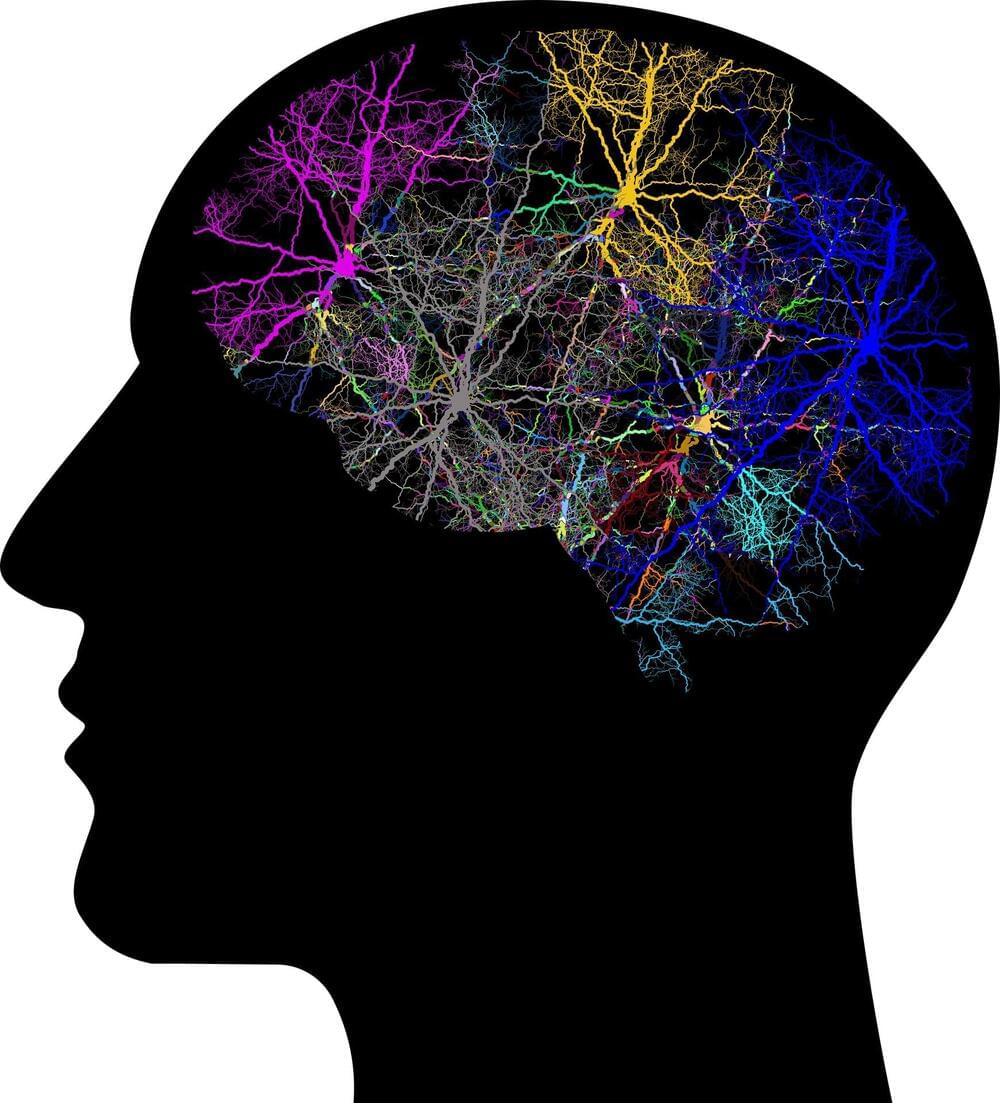For something so small, neurons can be quite complex—not only because there are billions of them in a brain, but because their function can be influenced by many factors, like their shape and genetic makeup.
A research team led by Daifeng Wang, a Waisman Center professor of biostatistics and medical informatics and computer sciences at the University of Wisconsin–Madison, is adapting machine learning and artificial intelligence techniques to better understand how a variety of traits together affect the way neurons work and behave.
Called manifold learning, the approach may help researchers better understand and even predict brain disorders by looking at specific neuronal properties. The Wang lab recently published its findings in two studies.
